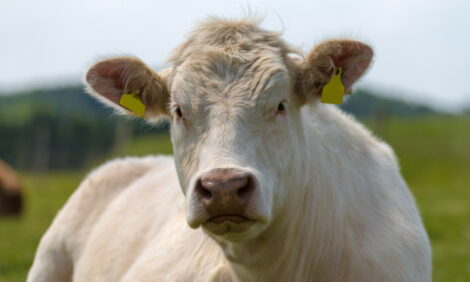



Congress To Approve Origin Labels For Food
US - Recent incidents with Chinese items have renewed the push for regulation.In 2002, Congress budged from decades of opposition and promised that retailers would provide country-of-origin labeling. But lobbying pressure from grocers and meatpackers, who call labeling costly and unwieldy, has helped postpone the law's effective date.
Over the next few weeks, Congress is again expected to approve such rules, but with the reduced penalties and streamlined record-keeping requirements sought by industry. And this time - amid a consumer revolt over health threats discovered in toys, seafood, toothpaste and pet-food ingredients from China -- it appears that labeling will stick.
"The wind is definitely at our back," said Tom Buis, president of the National Farmers Union, one of the labeling law's biggest backers. "The problems coming from China have convinced everyone that they're not producing under the same standards we are."
If the Senate approves the House's version of the farm bill as expected, labeling will take effect Oct. 1, 2008. The law would govern fresh produce, beef, lamb, pork and peanuts. Processed foods would be exempt, as would restaurants.
According to the US Department of Agriculture, about 10 percent of the red meat Americans eat is imported. The percentage is roughly the same for vegetables. About one-third of fruits, juices and nuts are imported, and roughly three-quarters of all seafood.
The labeling issue has galvanized U.S. farmers and consumers against domestic and international companies that slaughter animals and run grocery stores.
Source: The Express Times,


